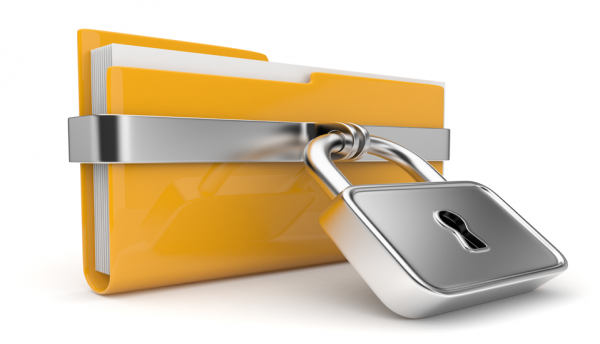Organisations need to collaborate more than ever but how do you protect the information you share? Vishal Gupta, CEO and Founder of Seclore, discusses how to best allow data to remain secure wherever it travels between organisations.
Just as no man is an island, no corporate or government entity can realistically operate today in isolation. Collaboration and sharing between organisations are not only widespread, but increasingly essential as companies seek to innovate and effect real digital transformation.
A number of changes are afoot in the GCC that will only increase organisations’ need to share. Regional countries are accelerating plans to increase the private sector’s share of GDP, by making it easier to do business and creating a more attractive environment for foreign direct investment (FDI). Governments are actively supporting accelerators and incubators and embracing innovation strategies that encourage collaboration between the private and public sectors.
Economic reform and diversification will only increase the need for companies to collaborate and share. The introduction of the 5% value added tax (VAT) in some GCC states, new fees on expatriates and family members in Saudi Arabia and levies to fund innovation and knowledge development will all require the regular submission of a raft of documents, ranging from passports and other identity documents to invoices and LPOs.
Smart cities, a development priority for many GCC governments, require the seamless exchange of sensitive intellectual property between a host of entities.
Although they know that they need to collaborate, organisations are rightfully worried that sensitive intellectual property and customer information that is shared with third parties may end up in the wrong hands.
In a 2016 survey of 200 North American ICT professionals, 56% of respondents said it was ‘very’ or ‘somewhat’ likely that files had been stolen by partners, contractors or customers. Were the data being shared mostly non-critical, such concerns could possibly be overcome and any resulting risk managed.
As the examples above show, however, shared data is increasingly ‘mission-critical’ in nature. Exacerbating regional organisations’ concerns is a perception that intellectual property rights are not universally respected in the Middle East.
Thanks to technological innovations over the last decade, sharing of data with third parties need not be a case of press ‘send’ and hope for the best. Organisations can share data, and reap the benefits derived from doing so, while retaining peace of mind.
Enterprise Digital Rights Management (EDRM) solutions allow organisations to add a host of access rights and usage controls that stay with a document as it is shared with third parties. This ‘data -centric’ approach, where controls are applied to the files themselves and remain active even while the file is being utilised, liberates data from any weaknesses in the underlying ICT infrastructure and data management policies.
With modern EDRM solutions, the range of usage controls that you can apply to a document is comprehensive. The owner of the data has the ability to manage and remotely modify who can view, edit, copy, screen capture, print and re-distribute files. Users can specify from which devices or locations a document can be viewed and even for how long.
EDRM solutions can also be integrated seamlessly into existing enterprise solutions, including identity and access management, content management, data loss prevention, ERP and email, electronic file sharing systems. This way, the application of usage controls happens automatically as files are downloaded, detected and shared. Because EDRM is highly adaptive, controls can be applied as standard to every shared document and specific restrictions can be set on individual files.
The emergence of data-centric solutions recognises that data is no longer contained exclusively within corporate networks. It also allows data to remain secure wherever it travels during collaboration or when the underlying infrastructure has been comprised. With an EDRM solution in place, organisations can collaborate with confidence.
Click below to share this article







